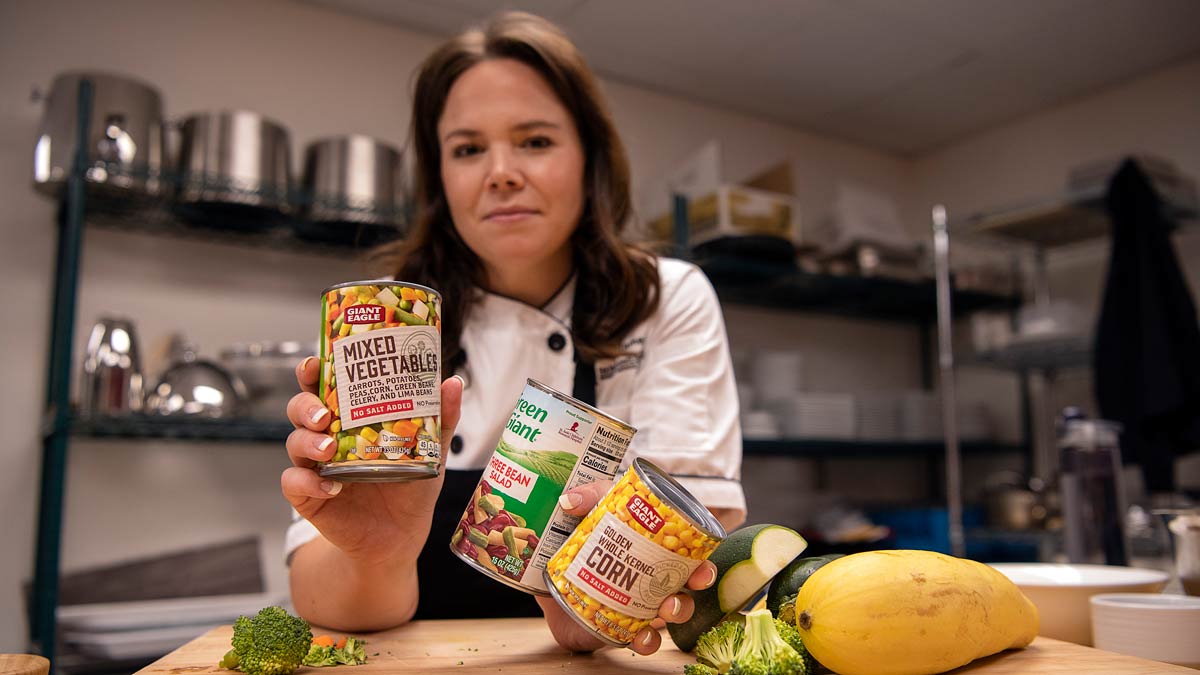Explaining turmeric’s health benefits – and limitations

Turmeric, a golden-hued spice used frequently in Indian, Middle Eastern and Southeast Asian dishes, has a long list of health benefits to its name.
Internet searches will turn up claims that turmeric can do everything from reducing inflammation and migraines to preventing and treating cancer and Alzheimer’s disease.
But which claims are based on legitimate evidence? And what are the safest, most efficient ways to get health benefits from the spice?
The bad news
There is substantial evidence from preclinical studies (in test tubes and animals) showing that the active component of turmeric, curcumin, is a powerful anti-inflammatory and antioxidant agent.
However, the evidence in human studies isn’t quite as strong.
Though some studies have examined the effects of curcumin in humans, there are too few studies and too few participants in each study for us to understand enough about curcumin.
What’s more, the participants in these human studies usually consumed a supplement of curcumin alone, instead of whole turmeric itself. These supplements often hold a concentration of curcumin you’re unlikely to consume in everyday life, even if you add turmeric to every food you eat.
The good news
According to research compiled by the National Institutes of Health, we do know that the curcumin in turmeric might play a role in:
- Reducing skin irritation in breast cancer patients who have received radiation treatments.
- Reducing the number of heart attacks in those who have had bypass surgery.
- Controlling knee pain from inflammatory arthritis about as well as ibuprofen does.
Much of the research studying turmeric in humans has shown that curcumin is good for your health – particularly as an anti-inflammatory and antioxidant agent – even if those benefits are marginal.
Unless you have an allergy or severe food intolerance, it’s safe to use turmeric in a paste applied to your skin or to consume a few teaspoons of turmeric daily in your food. It’s also a fun way to give foods more flavor and color.
How can I get the benefits of turmeric?
Your body best absorbs the curcumin in turmeric when paired with fat and black pepper components. This is likely why recipes for turmeric “golden milk” tea are so popular among wellness-seekers – the recipes typically include milk (containing fat) and pinches of black pepper.
In foods, turmeric pairs well with root vegetables and dark, leafy greens, such as kale, spinach and collard greens. When added to eggs, rice or tofu, it kicks up otherwise bland flavors.
However, curcumin can never be absorbed as well from turmeric powder as it is from a curcumin supplement. Turmeric powder has about 2 percent curcumin, while supplements are about 95 percent curcumin.
Should I take a curcumin supplement?
While most people are safely able to ingest up to 4 grams of concentrated curcumin supplements per day, curcumin can interact with some medications and make them toxic.
Among the drugs made more potent with curcumin are anticoagulant or antiplatelet medications, such as aspirin, clopidogrel (Plavix), enoxaparin (Lovenox) and heparin.
There’s also some evidence that in those with hormone-sensitive cancers, such as breast, ovarian or prostate cancer, a curcumin supplement could worsen the cancer or interfere with cancer medications. And in women who are pregnant or breastfeeding, the supplement isn’t recommended because researchers just haven’t fully studied the risks.
For these reasons, it’s important to talk with your doctor before beginning a curcumin supplement. But there’s no risk to consume the few teaspoons or so of turmeric that most curry fans are likely to get in a day.
The bottom line
It seems that what many wellness seekers hope to find in turmeric are overall health benefits and reduced inflammation. There are no health risks in using turmeric as a spice added to food and, if your doctor approves, a curcumin supplement could be beneficial to your health.
To get the most benefits from added turmeric, incorporate it into a diet rich with anti-inflammatory foods, plenty of fruits and vegetables, limited sugar and lots of plant-based protein. A long-term lifestyle change involving regular exercise and a well-rounded diet will help more than a supplement alone.
There’s still much left for us to understand about how different foods and spices digest and interact in our bodies, so I always advocate for incorporating whole foods and spices into what we eat, instead of trying to reduce it down to a single nutrient that can be taken in pill form.
While nutrition research is important for understanding how to optimize eating habits, it’s equally important not to get swept away by headlines promising that all of our health ailments will be cured by adding one certain food, spice or herb to our kitchen rotation.
Mary Mosquera is a registered dietitian working in outpatient care at The Ohio State University Wexner Medical Center.




